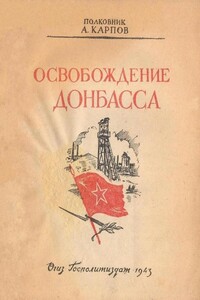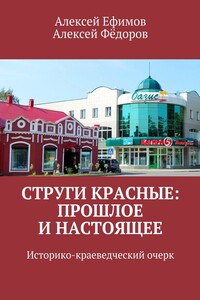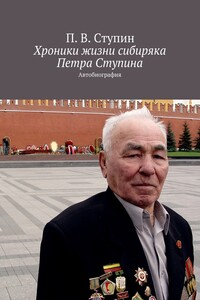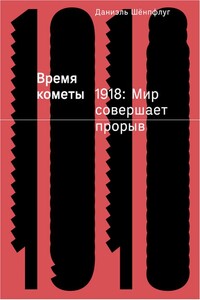Иностранные известия о восстании Степана Разина - [60]
While they behaved themselves after this manner in the Silk-country, it fared but ill with their Embassadours at Court; for they were dragged out from a Publick Audience which the King gave in the Talaar Ali Kapi, with 3 people who were joyned to them and came along with them, in all 6 persons, their Necks and Hands were fastened into the wooden Mik[270] and they were led into the[271] one after another, and 2 of them flung alive to the Dogs to be torn to Pieces; the others were pardoned, but forced to be circumcised and (л. 3) turn Mahometans. The Persians imagined, that the Czar of Moscovy had sett them to work to committ this Ravage in the Silk Lands, in revenge for the affront, which Abas II had done to his Embassador in the year 1665, but we could not believe that so generous a Prince as the Czar was, would have done any such thing underhand and with so small a force, if he would have taken notice of the affront. But the Czar, being very powerfull, always observed a strict friendship with King Abas II, there having always subsisted a good harmony between the two Kingdomes, and the Czar was sufficiently sensible of the extravagant proceedings of his people, which

Небольшая книга об освобождении Донецкой области от немецко-фашистских захватчиков. О наступательной операции войск Юго-Западного и Южного фронтов, о прорыве Миус-фронта.

В Новгородских писцовых книгах 1498 г. впервые упоминается деревня Струги, которая дала название административному центру Струго-Красненского района Псковской области — посёлку городского типа Струги Красные. В то время существовала и деревня Холохино. В середине XIX в. основана железнодорожная станция Белая. В книге рассказывается об истории этих населённых пунктов от эпохи средневековья до нашего времени. Данное издание будет познавательно всем интересующимся историей родного края.

У каждого из нас есть пожилые родственники или знакомые, которые могут многое рассказать о прожитой жизни. И, наверное, некоторые из них иногда это делают. Но, к сожалению, лишь очень редко люди оставляют в письменной форме свои воспоминания о виденном и пережитом, безвозвратно уходящем в прошлое. Большинство носителей исторической информации в силу разнообразных обстоятельств даже и не пытается этого делать. Мы же зачастую просто забываем и не успеваем их об этом попросить.

Клиффорд Фауст, профессор университета Северной Каролины, всесторонне освещает историю установления торговых и дипломатических отношений двух великих империй после подписания Кяхтинского договора. Автор рассказывает, как действовали государственные монополии, какие товары считались стратегическими и как разрешение частной торговли повлияло на развитие Восточной Сибири и экономику государства в целом. Профессор Фауст отмечает, что русские торговцы обладали не только дальновидностью и деловой смёткой, но и знали особый подход, учитывающий национальные черты характера восточного человека, что, в необычайно сложных условиях ведения дел, позволяло неизменно получать прибыль и поддерживать дипломатические отношения как с коренным населением приграничья, так и с официальными властями Поднебесной.

Эта книга — первое в мировой науке монографическое исследование истории Астраханского ханства (1502–1556) — одного из государств, образовавшихся вследствие распада Золотой Орды. В результате всестороннего анализа русских, восточных (арабских, тюркских, персидских) и западных источников обоснована дата образования ханства, предложена хронология правления астраханских ханов. Особое внимание уделено истории взаимоотношений Астраханского ханства с Московским государством и Османской империей, рассказано о культуре ханства, экономике и социальном строе.

Яркой вспышкой кометы оказывается 1918 год для дальнейшей истории человечества. Одиннадцатое ноября 1918 года — не только последний день мировой войны, швырнувшей в пропасть весь старый порядок. Этот день — воплощение зародившихся надежд на лучшую жизнь. Вспыхнули новые возможности и новые мечты, и, подобно хвосту кометы, тянется за ними вереница картин и лиц. В книге известного немецкого историка Даниэля Шёнпфлуга (род. 1969) этот уникальный исторический момент воплощается в череде реальных судеб: Вирджиния Вулф, Гарри С.